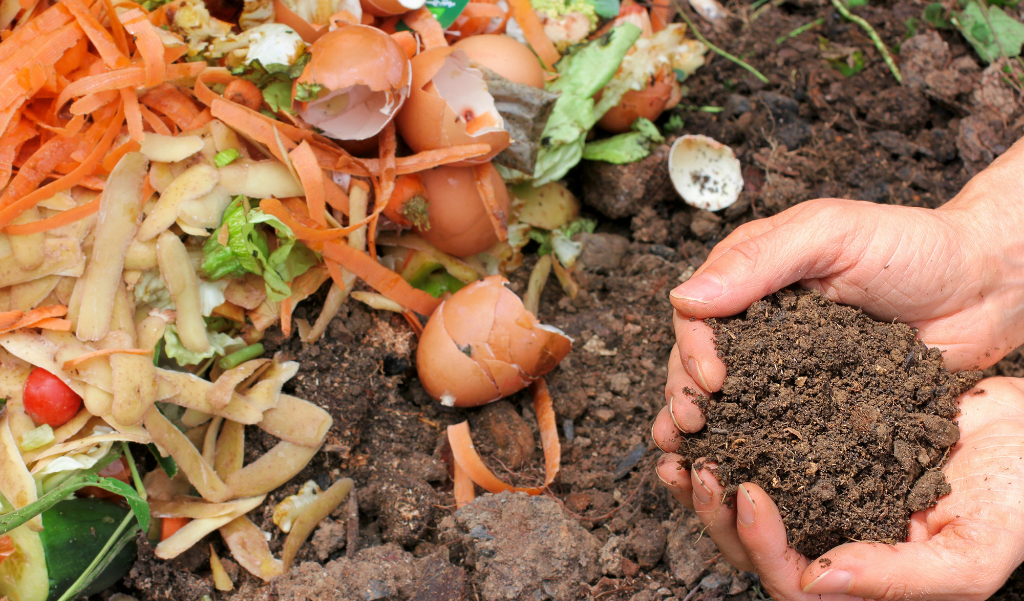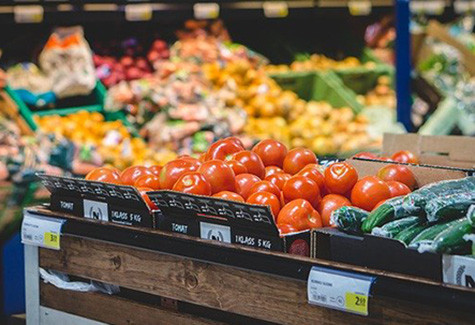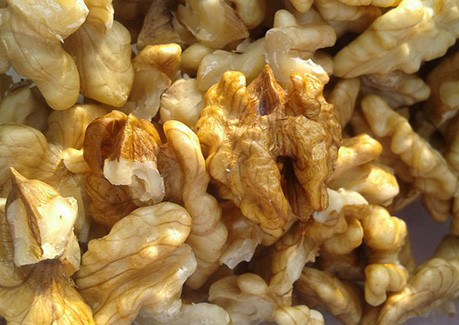Did you know that every year in the United States, approximately one-third (133 billion pounds!) of the overall food supply is wasted?

From uneaten leftovers to misshapen produce, most people don't realize how much food we throw away every day. When food is tossed aside, so too are opportunities for improved food security, economic growth, and environmental prosperity.
I was eating my sack lunch in my elementary school cafeteria at the specific moment that I became aware and concerned about food waste. While the portions my mom packed for me were sufficient, I longed for my tablemate’s untouched bites of cheese pizza and peas. I made a humble request: “are you gonna eat that?”
Strangely, my classmate smirked and said, “It’s mine to eat and mine to throw away,” as he dumped the uneaten tray contents into a trash can. My hunger wore off, but the moral indignation lingered. I only briefly held the belief that people who throw away food are cruel, but I never became comfortable with wasting food. As it turns out, food waste is a real problem with attainable solutions!
Why is this a problem? Around 94% of the food we throw out ends up in landfills or other facilities. However, there are many benefits to sustainably managing and reducing our food waste.

Make a grocery list with weekly meals in mind to save money and time. It may even lead to eating healthier food. If you buy no more than what you expect to use, you will be more likely to keep it fresh and use it all.
Determine the best way to store the fruits and vegetables you enjoy. Some last longer inside your refrigerator, while others last longer at room temperature.

Buying in bulk is often better for the environment in several ways:
You’re bound to create some amount of food scraps. But instead of throwing them away, consider starting a compost pile. It’s a very easy way to reduce the amount of waste that goes into landfills.
To learn more about composting, read the Take Care of Texas "Guide to Yard Care" or watch the video "How to Start Composting in Your Own Backyard" for instructions on starting a compost pile.